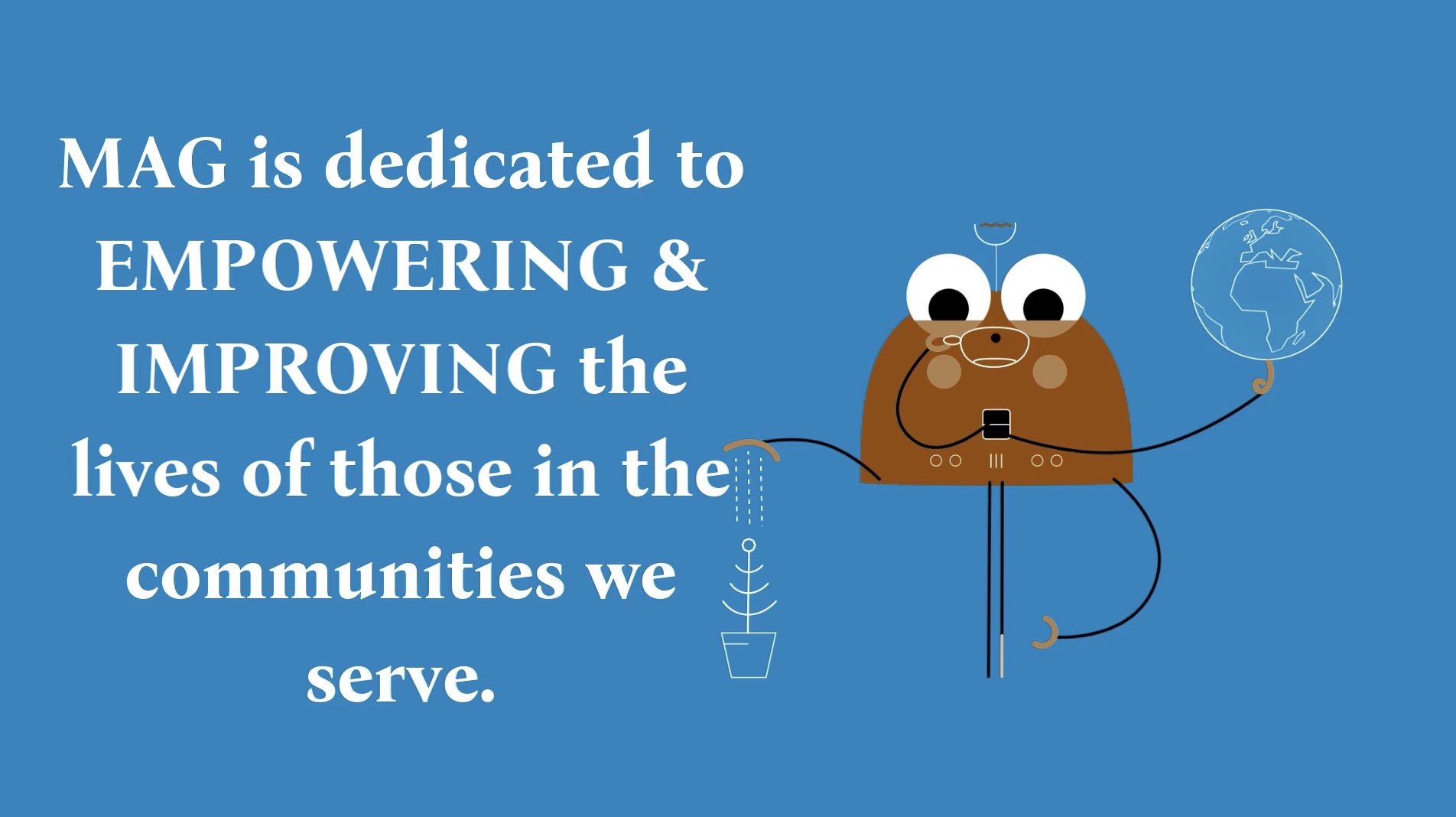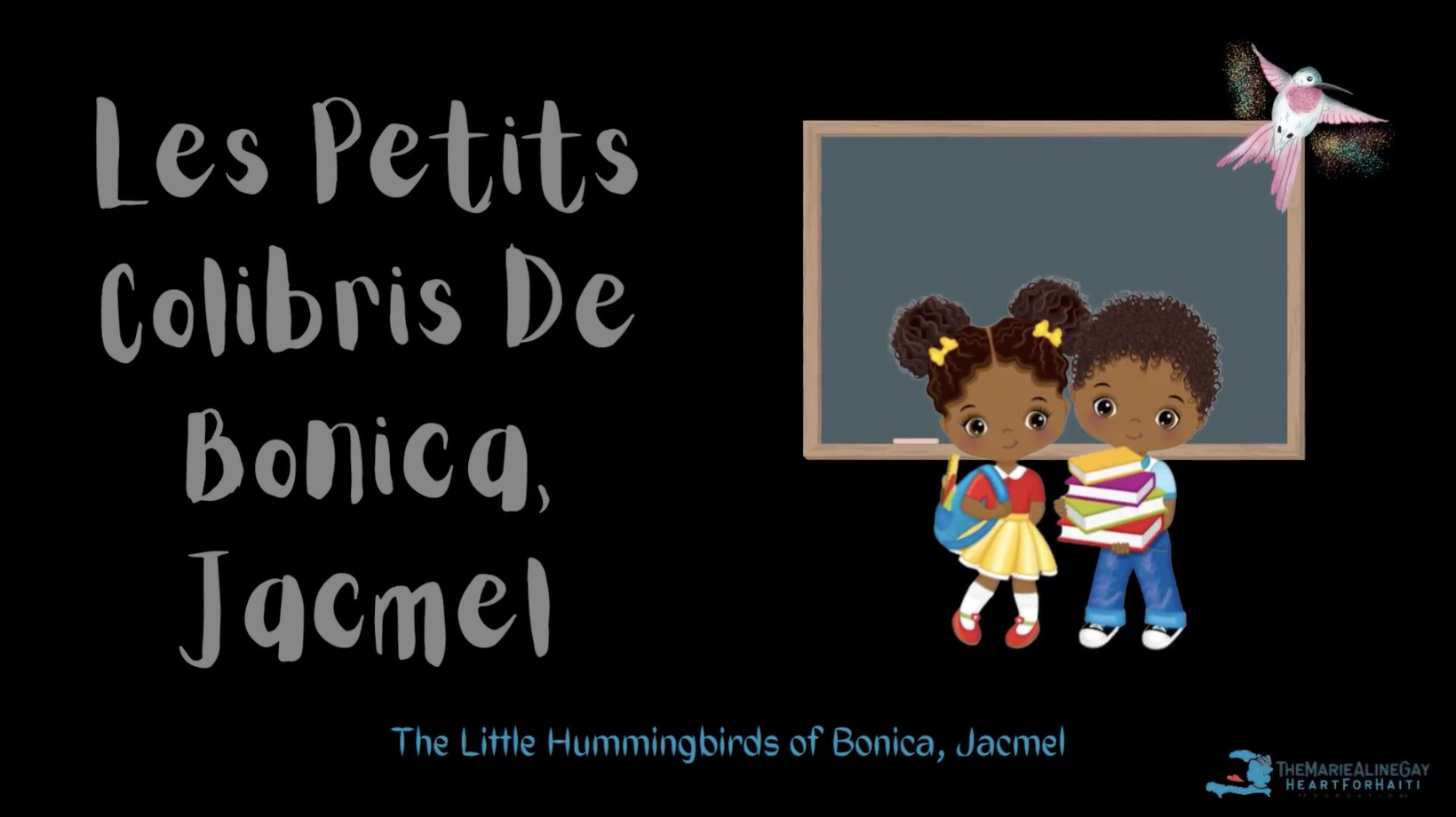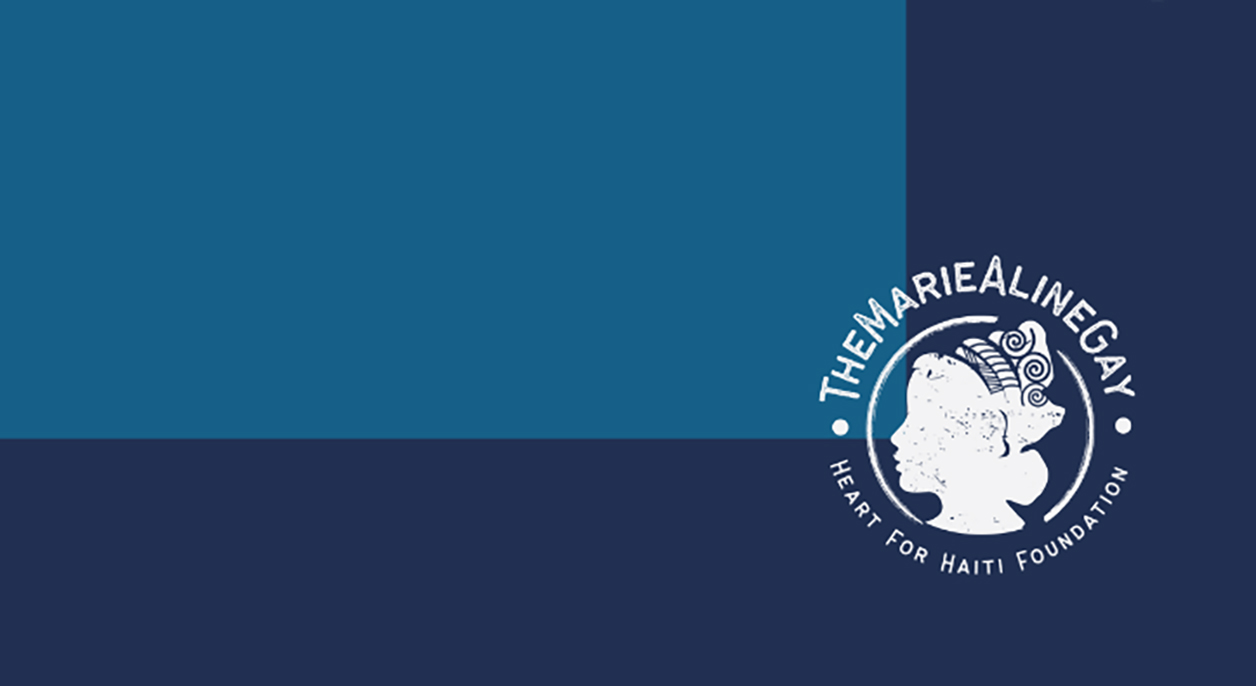Learn how you can get involved!
Marie Aline Gay Heart For Haiti Foundation
Rebuilding Haiti one individual, family, and community at a time.
We will not rebuild Haiti overnight as there is much work to be done. Communities throughout the country are afflicted by a lack of education, poor health, housing insecurities, and more. However, we believe that step by step, and with each other’s help, we can accomplish dreams beyond the imaginable.

Manman’s story
Born in Morvan, Jérémie, Haiti, Marie Aline Gay, aka, “Soeur Yvon,” or “Manman” as she was affectionately known, was above all things, a woman of great character and tremendous faith. While she was both gentle and humble, she had a significant and life-changing impact on her family, friends, church, community, and the people of her beloved native land — Haiti.
The Haitian Community
The Haitian Community in the United States and across the globe
A sizeable number of the diaspora reside in the Dominican Republic, Canada, France, and Chile. The United States is home to the largest number of Haitian migrants globally. A 2020 population review found that a large portion of the city’s influx is due to foreign immigration and those migrating south in search of a lower cost of living-making Charlotte an ideal place to call home.
While Haitian immigrants are more likely to be naturalized U.S. citizens, participate in the labor force, and work in service occupations, thereby contributing to the nation’s economy, when compared to the overall foreign-born population, their median household income is lower. Studies show that low household income is strongly correlated to an increase in stress, poor mental health, basic needs insecurities, and decreased academic success leading to less participation in leadership opportunities.
The Haitian Community
The Haitian Community in Port-au-Prince and Jérémie
As the first Black Republic to gain its independence on January 1, 1804, Haiti was once known as a premier tourist destination in the Caribbean; boasting pristine beaches, spectacular artisans, cuisine, and music. While it is primarily identified as one of the Western Hemisphere’s poorest countries, Haiti is a beautiful island and home to a beautiful and resilient people. Attributable to a long history of political instability, civil unrest, and natural disasters, rebuilding efforts on the island continues to be hindered and, in some regions, nonexistent. Not only was the country hit by a devastating earthquake in 2010, followed by a Cholera epidemic that same year, just six years later, they were also struck by Matthew-a category four hurricane and, most notably, the Coronavirus of 2019 (Covid-19).
Communities throughout the country, specifically its capital, Port-au-Prince, and the province of Jérémie, two cities of our focus, lack proper infrastructure, are plagued by sanitation and food insecurities, poor health and education, social protection, and a plethora of insurmountable vulnerabilities.
Questions? Let Us Know!
Phone: 980-205-2635
Please fill in the form below, along with your questions or comments.
Media, News & Events

The Little Hummingbirds Campaign
More than 80% of schools in Haiti are private, making it difficult for parents to afford tuition and for kids to receive an education.

MAG has some exciting news to share!
We’re proud to introduce our first adopted school Les Petits Colibris De Bonica, Jacmel, aka The Little Hummingbirds of Bonica, Jacmel.

MAG Scholarship
The Marie Aline Gay (MAG) Scholarship Program awarded $4,000 in scholarships for the 2022-2023 academic year. Because of your generous donations, we can further our mission of ensuring that the people of Haiti and her descendants have equitable access to higher forms of education and leadership opportunities.





